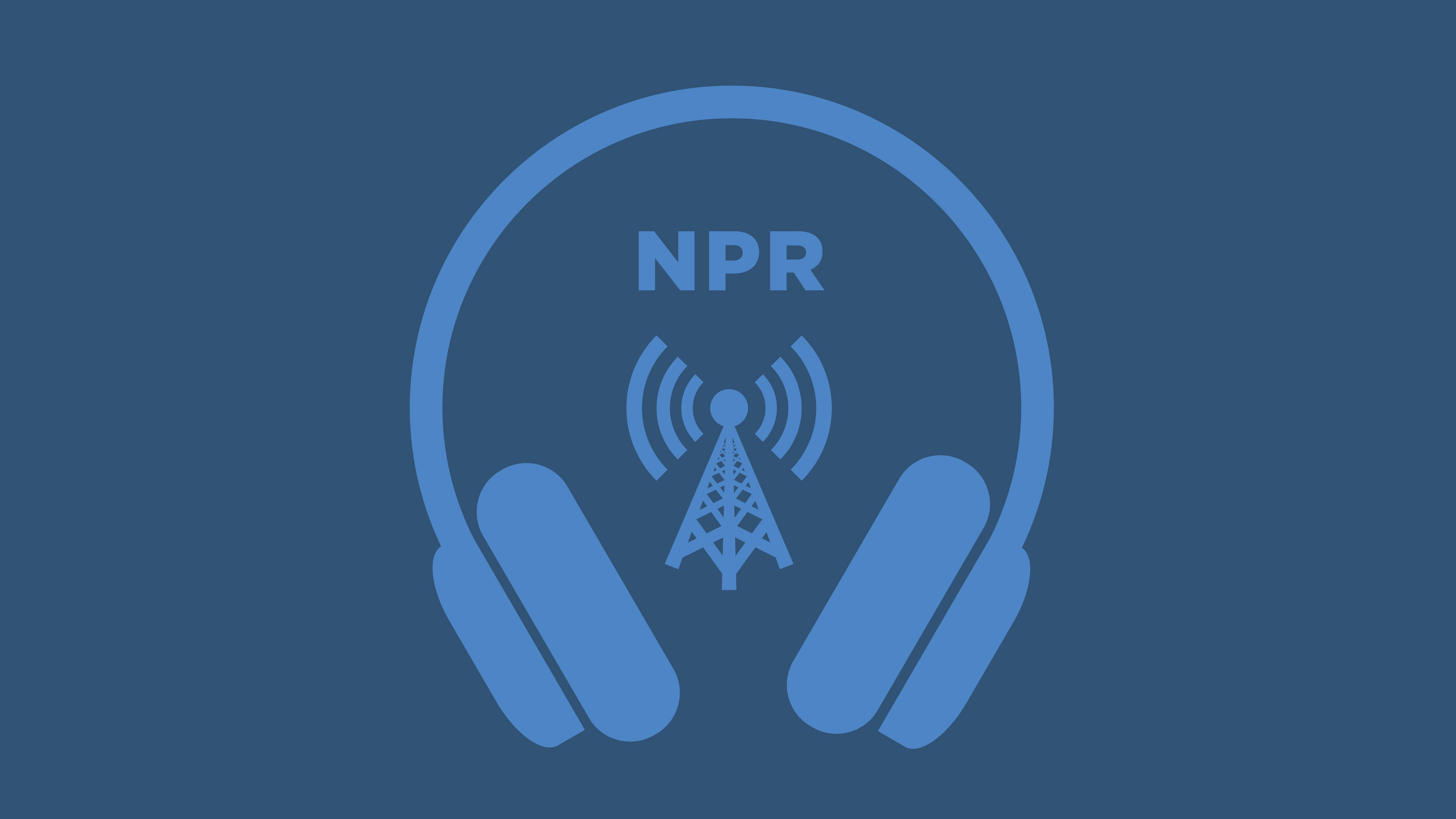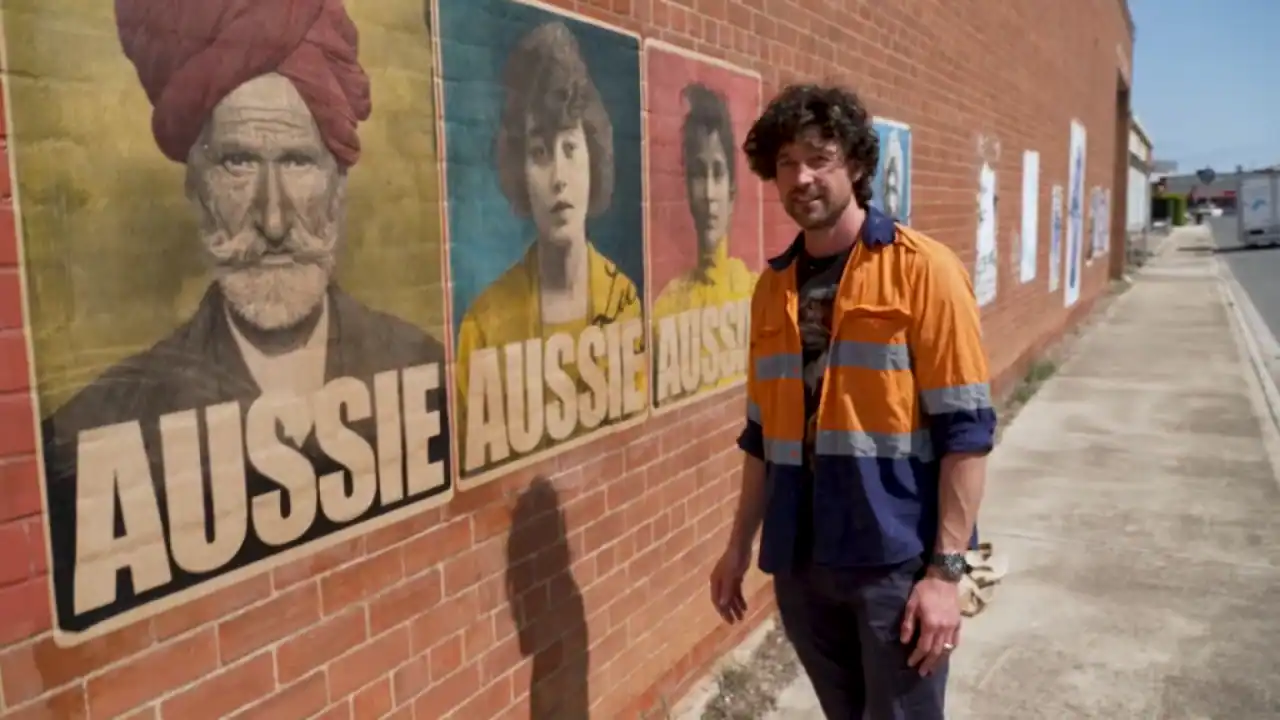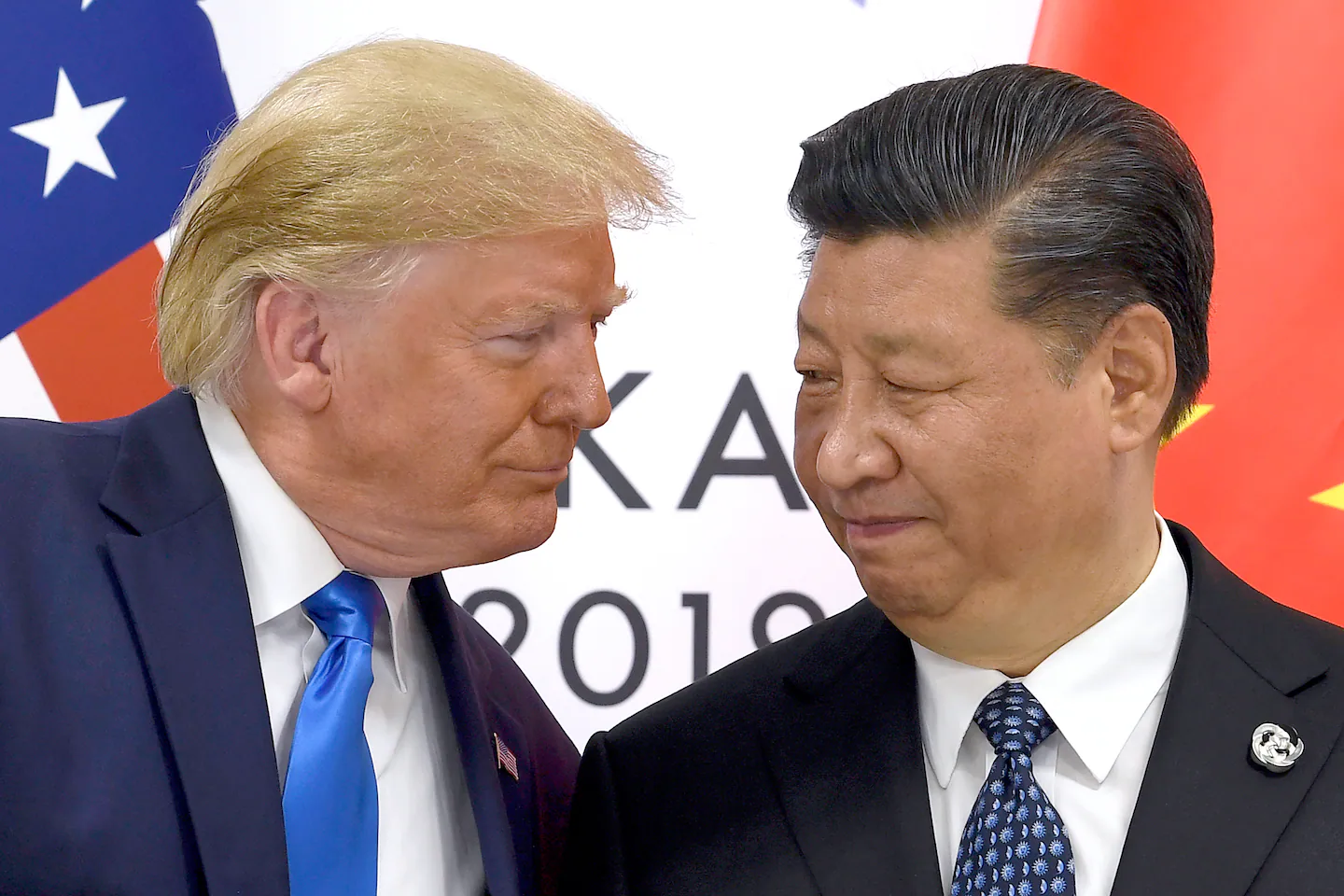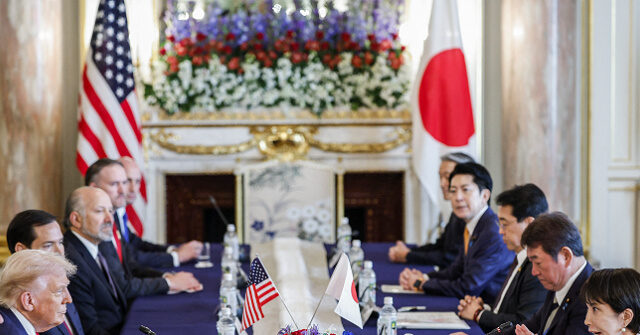Copyright newyorker
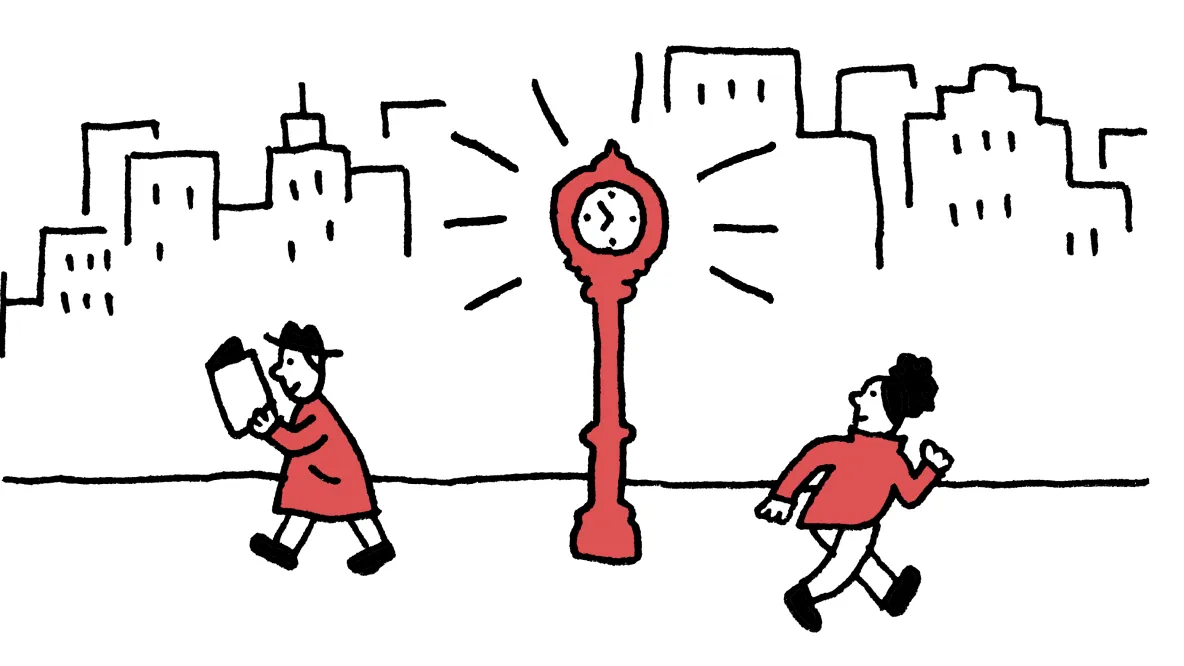
The Democrats triumphed across the country last night, in the first major election of Donald Trump’s second term. Has the Party figured something out? Or are voters just angry at the President? Our writers and editors answer these questions and more. Plus: It might be time to cull your followers How Dick Cheney lost to the populists No one wants to hear about your hobbies Caroline Mimbs Nyce Newsletter editor The political map is looking a little different this morning. Democrats won big in New Jersey and Virginia. And, of course, Zohran Mamdani was elected mayor of New York City. The Democratic Party, long overdue for a reset and recalibration following Trump’s reëlection, finally has some momentum. I caught up with some of our reporters and editors covering politics to discuss yesterday’s results—and what they mean for the nation’s politics going forward. Our conversation has been edited and condensed. Let’s start with New York. What does Mamdani’s win mean for the city? Eric Lach, a staff writer covering New York politics: It’s a historic moment for all kinds of reasons. Mamdani ran the sort of mayoral race that the city had never seen before. He brought New Yorkers into the political process who’d never been brought in before. He took on the Democratic Party establishment and won, and he’ll now become the most uncompromisingly leftist mayor in the history of the city, at the age of thirty-four. Michael Luo, executive editor: I was deeply moved by Mamdani’s speech last night, particularly the moment when he spoke about people whom he said are “so often forgotten by the politics of our city,” and he went on to tick them off. “I speak of Yemeni bodega owners and Mexican abuelas,” he said. “Senegalese taxi drivers and Uzbek nurses. Trinidadian line cooks and Ethiopian aunties.” I’m a child of immigrants. I also reported a lot on Muslim communities in the city after the September 11th attacks. When I reflect on the path from then until now, it’s remarkable that this city has elected as its mayor a Muslim American, South Asian immigrant from Uganda, named Zohran Mamdani. So I’m thinking about what his election means in terms of the conception of ourselves as New Yorkers and some of the big questions about belonging in America and in this city. Right now it seems pretty rosy. Do you anticipate a backlash to Mamdani? Lach: Of course! It’s a hard job. The history of New York City mayors is positively full of failures, disappointments, frustrations, and worse. The city is an enormous and complex political entity, and the forces that Mamdani has proposed to take on are incredibly powerful. Luo: Our colleague Jelani Cobb wrote a book on Barack Obama called “The Substance of Hope,” which was first published in 2010. Toward the end of Trump’s first Presidency, Jelani wrote a new introduction, in which he talked about the nature of progress in America and what he described as the way Black Americans generally see the country “through a perpetually raised eyebrow,” because they know that, for every bit of change that is achieved, “you will pay a premium plus interest.” I confess that I’m thinking about that today and feel some trepidation about what might be coming. My New York friends are all posting screenshots of how various neighborhoods and blocks voted on Instagram. What are you all seeing from the results? Lach: One big difference from Mamdani’s primary victory, in June, is scale. In the primary, Mamdani won about four hundred and seventy thousand votes. On Tuesday, he won more than a million. That’s a huge number. In the primary, he struggled to win support in historically Black neighborhoods. Last night, he flipped those districts. In some ways, the renewed battle with Andrew Cuomo in the general election has given Mamdani more of a mandate than he would have had otherwise. What should we expect in the first days of a Mamdani mayoralty? Lach: These are the big questions: How does he staff up? How does he maintain his connections with the tens of thousands of committed volunteers who powered his victory, and the millions who bought into his program online? How does he prioritize the items on his agenda? How does he court other powerful officials and electeds? We’ll see. Naaman Zhou, a writer who’s been covering the mayoral race: Mamdani recently said something interesting on a podcast from the local-news outlet Hellgate—that Democrats are too scared to “actually utilize” power. His rent freeze, for example, can technically be blocked by the current mayor, Eric Adams (if Adams appoints certain people to the rent board before his term is over). When asked what he’d do if that happens, Mamdani said that he was confident he’d still get it passed. “My approach to the use of power will be to actually utilize it,” he said. “Republicans . . . seem to have no limits. As Democrats, it’s like we’re constructing an ever-lowering ceiling.” He dodged the actual question, but he’s implying that he’s going to find ways to get what he wants. Naaman, you were at Curtis Sliwa’s party last night. What was that like? Zhou: It was pretty sad, and over quickly. Sliwa, who lit up the campaign by infuriating Andrew Cuomo by refusing to drop out, arrived less than thirty minutes after polls closed, walked straight to the stage, and conceded. The early returns had him at eight per cent. The venue’s music was still on, and aides near me spent a few minutes screaming at the bartenders to turn it off. (“Who the fuck is still playing music? It’s so disrespectful.”) Sliwa wished Mamdani good luck. He happened to walk right past me on his way off the stage, and I asked him if Cuomo could have won if he’d dropped out. He looked up with a sad frown and seemed to shake his head tightly. It was the first time I’d seen him turn down an opportunity to talk. A supporter behind me spoke for him: “No!” O.K., zooming out: What did last night’s wins around the country mean for Democrats? Benjamin Wallace-Wells, a staff writer covering politics: The Democratic Party has been in a defensive crouch for much of the past year, unsure about how to win voters who aren’t educated liberals, defined by internal factionalism, and a little scared of its own shadow. Last night, Democrats won just about everywhere, by margins that often approached routs. It should give them some confidence back. What, if anything, do these results tell us about the bigger themes and questions in American political life right now? Isaac Chotiner, the writer behind our Q. & A. column: The election last night appeared to show several things: the Democratic coalition, now increasingly educated, does well in lower turnout or off-year elections; Republicans struggle when they have to defend Trump’s policies but don’t have the benefit of him on the ticket; and most voters in the middle seem to want a check on the party in power. The best news for Democrats may have been that their dismal approval ratings might not matter all that much as long as Trump continues to be relatively unpopular. Luo: The Democratic Party has been roiled by these big, existential questions about whether to tack left or to move back toward the center. Which is the right formula? Mamdani-style democratic socialism, or a centrist, more pragmatic branding embodied by the governors-elect Abigail Spanberger, in Virginia, and Mikie Sherrill, in New Jersey? The answer from last night seems to be both. In an interview on MSNBC, from the Mamdani victory party, Representative Alexandria Ocasio-Cortez said, “This is about ‘Do you understand the assignment of fighting fascism right now?’ And the assignment is to come together across differences, no matter what.” So, for now at least, it appears that Democrats have settled on a willingness to embrace the big tent. Wallace-Wells: I’d say two things. First, many institutions and companies have been operating as if the 2024 election had tilted the country inexorably to the right—that we had experienced a form of political realignment. Certainly Trump and the Republicans have acted as if they had a mandate for transformation. The results on Tuesday, as well as some emerging popular discontent with White House policies, change that picture a bit. We may increasingly see the 2024 result as a vote against Joe Biden and his policies rather than a mandate for Trumpism. Second, the relentless focus by the Democratic candidates on the cost of living, and their success in doing so, suggests that there is a real opening (after the tariffs, and the pressures that the government shutdown has put on working families) for Democrats to emphasize the ways in which the Republicans favor the rich over the poor. In this, even if nowhere else, politics may be headed back toward a more normal setting. For more, read: Benjamin Wallace-Wells on the next generation of Democratic leaders » Eric Lach on how Mamdani won over New York » Isaac Chotiner on how the electorate is changing » Jon Allsop on Gavin Newsom’s redistricting gamble » Hitting big numbers on social media doesn’t mean what it used to, as the rise in its use as a promotional space has rendered it transactional and professionalized. Now having a conspicuously modest following, and being messy or careless about posting, has attained a certain cachet. As Kyle Chayka writes, “One’s own overexposure comes to feel shameful by contrast.” Read the story » Dick Cheney’s Brand of Conservatism Do We Need Hobbies? “Die My Love” Is Smaller Than Life Read: In Georgi Gospodinov’s powerful new novel, “Death and the Gardener,” a son sits vigil through his father’s dying. Watch: “All’s Fair,” Ryan Murphy’s campy legal drama about unhappy wives and the female divorce lawyers who help them get what they deserve, is out now on Hulu. See what else we’ll be watching this winter. Listen: The catchiest song on Lily Allen’s gritty breakup album is “Pussy Palace,” one among a slew of tracks “that speak to a primal, if unflattering, craving for dirt.” Today’s Crossword Puzzle: Display bioluminescence—four letters. Shuffalo: Can you make a longer word with each new letter? Laugh Lines: Test your knowledge of classic New Yorker cartoons. P.S. Jonathan Bailey has been named this year’s Sexiest Man Alive—a title befitting the hunky Prince Fiyero. ❤️🔥
